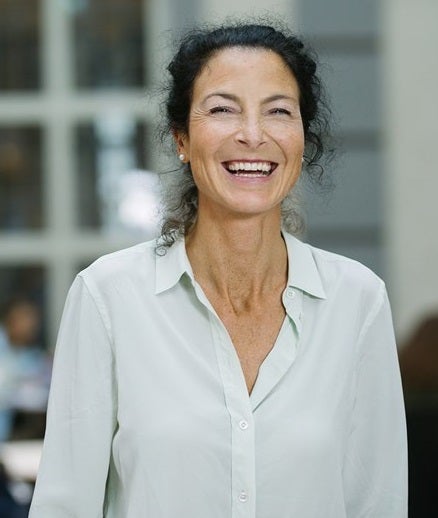This course provides researchers with insights about current technological innovations and recent research on GenAI in various settings. Through interactive sessions in Amsterdam and Stockholm, and online modules in between, we will discuss theoretical and methodological approaches to studying GenAI.
Leading researchers will provide examples of how they have studied GenAI, and with what consequences. Participants will also get the opportunity to work hands-on with GenAI tools in GenAI clinics focusing on GenAI in research and teaching tasks.

